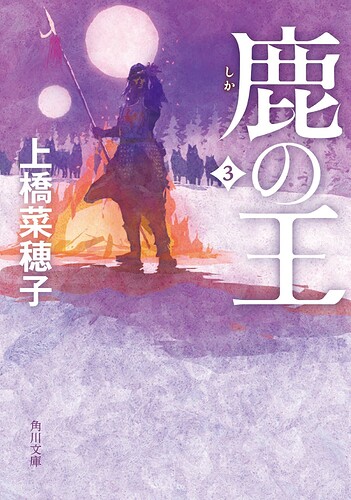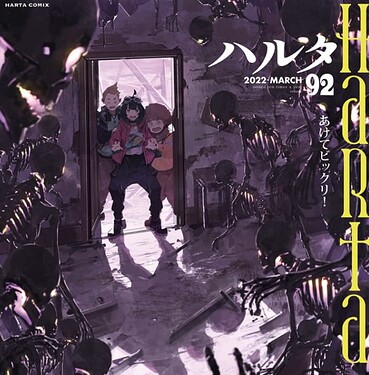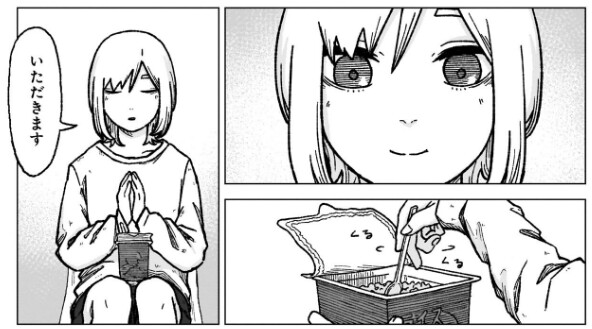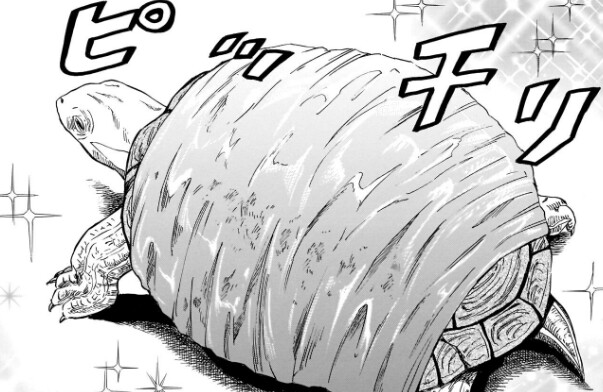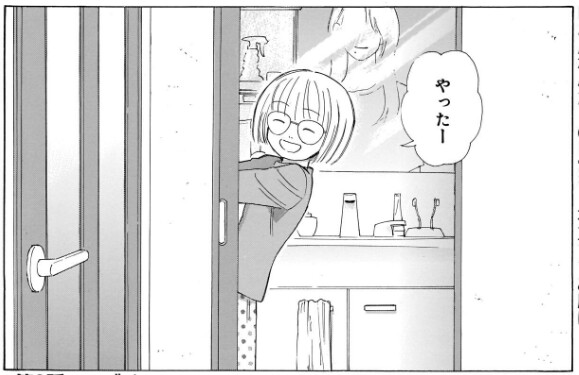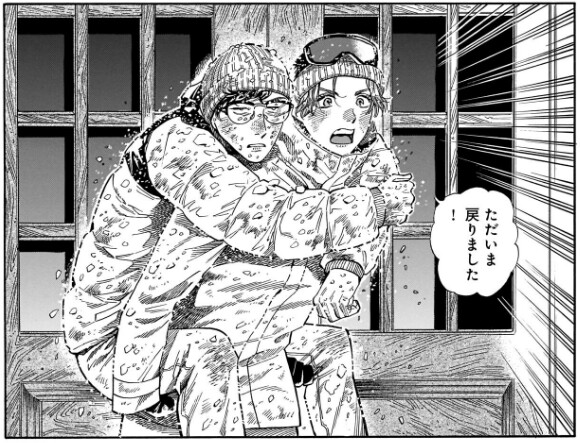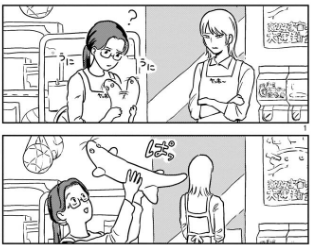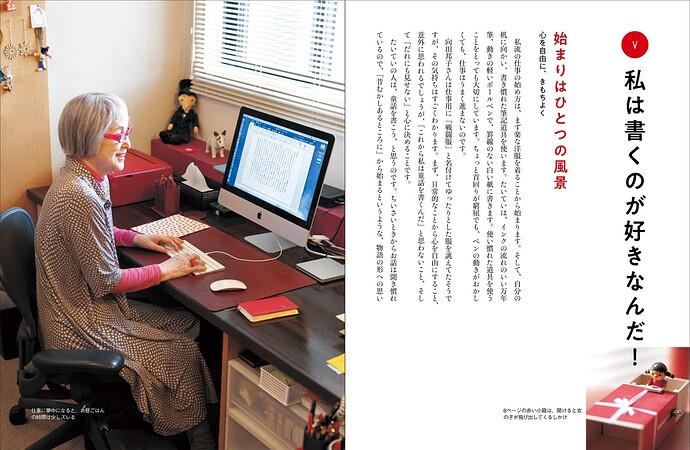I’m done with 鹿の王 4! Today was a good day, so I managed to read the last ~140 pages in two sessions.
There’s still a lot I have to think about, but here are my spoiler-free impressions about the book and the series as a whole.
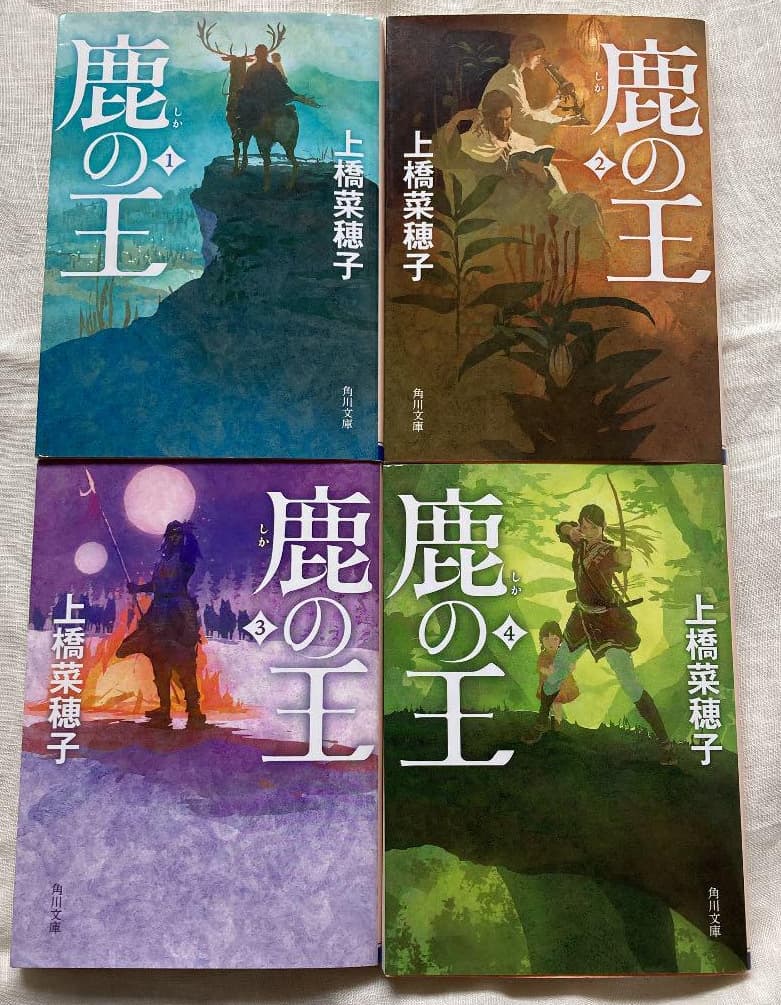
I really like the story. The focus on the medical aspect is very unique and handled with a lot of care. The amount of medical knowledge the people already possess in this medieval world does require a wee bit suspension of disbelief, but the depth in which everything is explained and combined with other parts of the story make it very rewarding.
As most Uehashi books, it’s a fantasy story without a simple good-evil conflict – something I always loved – and a lot of time is spent on crafting an organic world with complex relationships between people, organizations and countries. This is what makes the books compelling, but also overwhelming at times. There are a lot of characters and names and places and if you don’t pay attention to their positions and goals, you may end up lost in some scenes.
More than other Uehashi books, this one is aimed at adults rather than children. Children probably can read the books and still have fun, but the complexity of the plot, the political scope, the focus on the exploration of a disease and the subdued sense of adventure will probably better appeal to older readers.
I did like the characters. Vaan and Hossal are two very different protagonists and I think Uehashi balanced their parts very well. Including a very young girl as a central character also added a “parenting” dynamic not often found in fantasy books. That being said, I personally prefer stories that follow the growth of a character throughout the course of the story (like Erin). With two adult protagonists this wasn’t the focus this time. While I liked them, I didn’t get overly attached and there weren’t many cathartic moments in the story anyway – it’s more focused on the smaller moments and the overall worldbuilding than personal drama.
I definitely did like the ending. I really didn’t see that coming and until at least the last book it really wasn’t clear where the story was headed at all. As expected, it didn’t answer all questions and definitely didn’t solve all problems, but it did have a sense of closure that quite suited the overall tone of the story.
I’m sure there are many more details and messages hiding in the story that I wasn’t able to fully understand or appreciate. But that seems to be common for even for native speakers who suggest taking notes or rereading the books at a later point to get most out of it. I don’t think I’ll reread them, but I’ll definitely watch the movie, though I’m really not sure how they want to tell this story in just two hours of screentime.
Some more random thoughts:
– I’ve you liked Erin, read Moribito rather than 鹿の王; read 鹿の王 if you want a ひと味違う take on Uehashi fantasy – is what some Japanese wrote on message boards. I haven’t read Moribito yet, but I think I’ll agree. That being said, if you like the tone and sense of worldbuilding in Uehashi’s works, you’ll probably also end up liking 鹿の王.
– In terms of overall enjoyment, I’d rank the books 2 > 1 = 3 = 4. I think they’re all very good, but 2 was the only one that didn’t exhaust me at times. In general you’ll want to read the books with enough focus; they don’t make for a good bedtime read (not for me, anyway).
– I terms of language, they’ll definitely be challanging for learners who’ll read them as their first Uehashi book, and even advanced learners won’t be able to breeze through them as there’s a lot of medical vocabulary and 敬語 involved. It’s written in a way children can understand, though, so while it’ll be more difficult than the average YA novel, it’s much more digestible than your typical 純文学 work.
– There’s a lengthy spin-off novel called 鹿の王 水底の橋 that, from what I’ve read, expands on Hossal’s story. I’m not sure I’ll read it – at least not anytime soon. I’m more inclined to read the Erin spin-off novel or her new series first.
